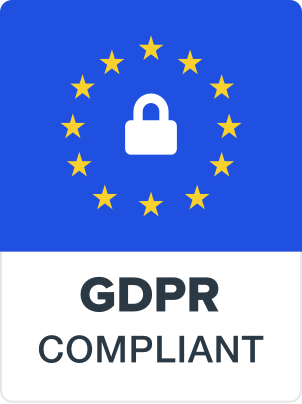In the vast ecosystem of the internet, cookies stand as the silent observers, tracking our digital footsteps and shaping our online experiences. Delving into the world of web browsing reveals the intricate role cookies play in personalization, functionality, and the ongoing discourse surrounding privacy and security. Join us on an extensive journey as we uncover the depths of cookies and their impact on the digital landscape.
Unveiling Cookies: Understanding Their Essence
At the heart of web browsing lies the enigmatic presence of cookies. These small text files, nestled within our devices, serve as digital identifiers, capturing data about our browsing behavior, preferences, and interactions with websites. Their presence is ubiquitous, yet their significance often goes unnoticed as they quietly facilitate seamless navigation and personalized experiences across the internet.
The Tapestry of Cookie Varieties: Exploring Their Diversity
Cookies come in various forms, each tailored to fulfill specific functions and purposes within the digital realm. From fleeting session cookies that vanish with each browser closure to persistent cookies that linger across sessions, and from first-party cookies, originating from the sites we visit, to the omnipresent third-party cookies that traverse the expanses of the internet, the cookie landscape is diverse and multifaceted.
The Multifunctional Role of Cookies: Unraveling Their Functions
Beyond their mere existence, cookies serve as the gears that power the machinery of web browsing:
- Session Management: Seamlessly preserving session data, ensuring continuity and coherence during browsing sessions.
- Personalization: Tailoring user experiences based on past interactions, preferences, and behavior, enhancing engagement and satisfaction.
- Tracking and Analytics: Providing valuable insights into user behavior, website performance, and effectiveness of marketing efforts.
- Advertising: Facilitating targeted advertising and marketing campaigns, delivering relevant content and promotions to users based on their interests and browsing history.
Navigating the Complex Terrain of Privacy and Security
While cookies offer undeniable benefits, they also raise significant concerns regarding privacy and security:
- Privacy Intrusions: Tracking user activities across websites, creating digital profiles that encroach upon personal privacy.
- Security Vulnerabilities: Potentially exposing sensitive information to unauthorized access or exploitation by malicious actors.
- Regulatory Compliance: Navigating a labyrinth of privacy regulations and compliance requirements, ensuring transparency, consent, and data protection in cookie usage practices.
Charting a Course: Strategies for Cookie Management and Control
In the quest for privacy and security amidst the vast expanse of cookies, users have a range of tools and strategies at their disposal:
- Browser Controls: Leveraging built-in browser settings to manage cookie preferences, including acceptance, rejection, and deletion.
- Privacy Enhancements: Augmenting browser capabilities with privacy-focused tools, extensions, and add-ons that enhance control and protection against tracking.
- Opt-Out Mechanisms: Exercising choice and autonomy by utilizing opt-out mechanisms provided by advertising networks and data brokers to limit targeted advertising and tracking.
- Transparency and Education: Empowering users with knowledge and awareness about cookie usage, privacy implications, and rights regarding data protection and consent.
Toward a Future of Enhanced Privacy and User Empowerment
As the digital landscape continues to evolve, several emerging trends and developments shape the future of cookies and web browsing:
- Privacy-First Technologies: Embracing innovative solutions and technologies that prioritize privacy by design, such as decentralized identifiers and privacy-preserving analytics.
- Regulatory Evolution: Anticipating shifts in regulatory frameworks and enforcement measures that aim to strengthen user privacy protections and promote transparency and accountability in data practices.
- User-Centric Approaches: Fostering a culture of user empowerment and control, where individuals have agency over their digital identities and data, and organizations prioritize user privacy and consent in cookie usage and data processing practices.
In the vast expanse of the internet, cookies serve as the silent guardians, guiding us through the digital labyrinth while raising profound questions about privacy, security, and consent. As we navigate this complex terrain, it is essential to recognize the pivotal role cookies play in shaping our online experiences and to adopt strategies and technologies that empower users, promote transparency, and uphold privacy rights in the digital age.
Share via:



